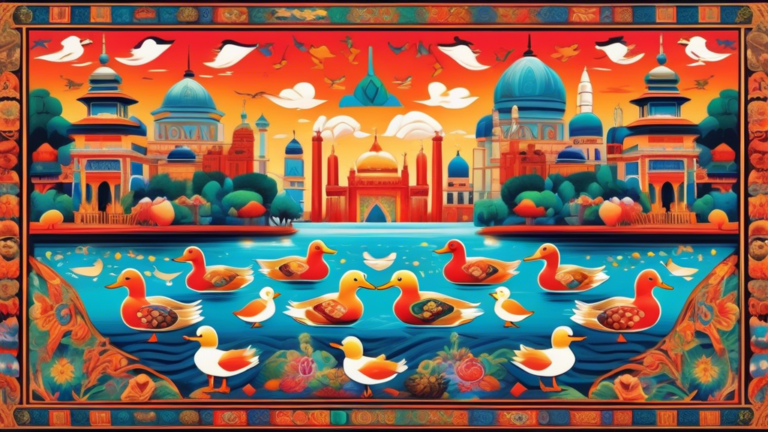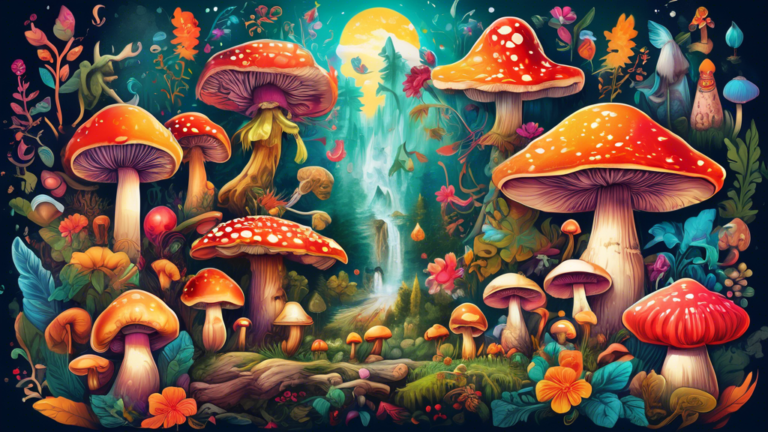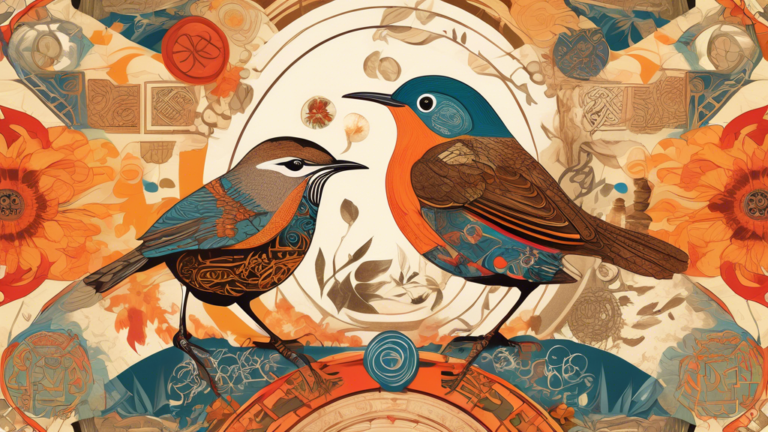Exploring the Symbolic Meaning of Oysters
Introduction to the Symbolic Meaning of Oysters
Oysters, a type of bivalve mollusk found mostly in marine or brackish waters, are not only a popular delicacy but also a symbol rich in various cultural and symbolic meanings. The symbolism associated with oysters encompasses themes of fertility, hidden treasures, transformation, and resilience. This article explores the multi-faceted symbolic significance of oysters across different cultures and historical periods.
Oysters in Cultural Symbolism
Oysters have figured prominently in myths, art, and literature, providing a source of metaphor and meaning in various human endeavors. Their unique life cycle and physical characteristics contribute to their metaphorical richness.
Fertility and Rebirth
In many cultures, oysters are considered a symbol of fertility. This association likely stems from their mode of reproduction; oysters release eggs and sperm into the water, resulting in large bursts of eggs that symbolize abundance and fecundity. Additionally, their soft and often moist interior is reminiscent of the womb, making them a potent fertility symbol.
Hidden Treasures and Potential
Oysters are famously known for occasionally yielding pearls, turning what appears to be mere irritation into something beautiful and highly valued. This transformation from grit to treasure has made the oyster a symbol of hidden potential and the idea that true value often comes from unexpected places. In literature and popular culture, oysters represent the mystery and possibility of uncovering something precious in the least likely environments.
Resilience and Protection
The hard shell of the oyster is symbolic of protection and defense. Oysters close their shells tightly against predators and environmental stresses, symbolizing the capacity to stay strong and secure through adversity. This aspect of the oyster is often invoked in contexts requiring strength and endurance.
Oysters in Mythology and Folklore
Mythologies around the world have imbued oysters with symbolic importance, often reflecting the values and concerns of the cultures that cherish these narratives.
Ancient Beliefs and Rituals
In ancient times, oysters were part of various culinary and ritual practices, believed to possess aphrodisiac properties and linked to sea deities. For example, in Roman mythology, oysters were associated with Venus, the goddess of love, who herself was born from the sea. This connection reiterates themes of beauty, love, and fertility commonly attributed to oysters.
Modern Symbolic Uses
In contemporary symbolism, oysters appear in discussions about environmental conservation and marine health. As filter feeders, oysters help to clean the water bodies they inhabit, thus symbolizing purification and the restoration of balance in ecosystems. This more modern interpretation highlights the role of oysters in maintaining environmental health and sustainability.
Conclusion
From fertility and hidden treasures to resilience and environmental purification, the symbolic significance of oysters is both ancient and contemporary. Whether seen as a bearer of hidden pearls or a protector with a hard shell, the oyster encapsulates a range of meanings that resonate across time and culture. As such, the humble oyster remains a powerful symbol in cultural narratives and personal symbology alike, reflecting the depths of human experience and the natural world.
Exploring the Symbolic Meanings of Whales
Exploring the Symbolism of Fog in Literature and Culture







